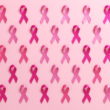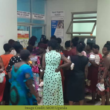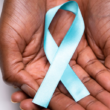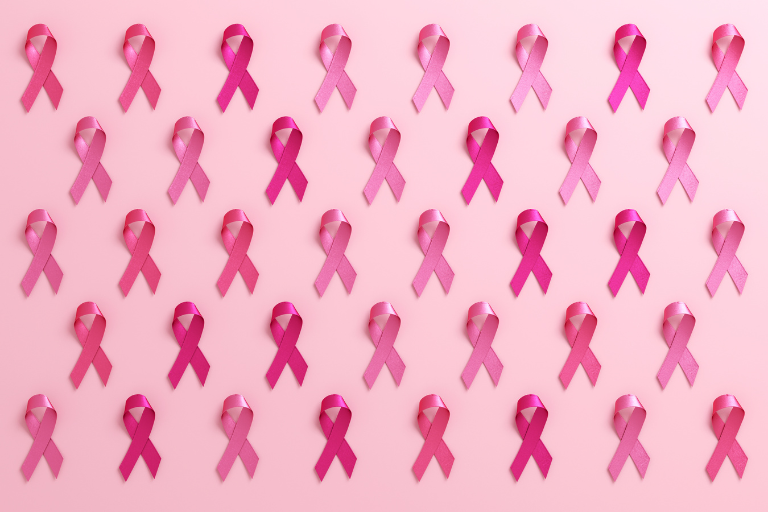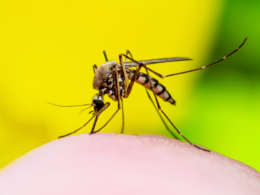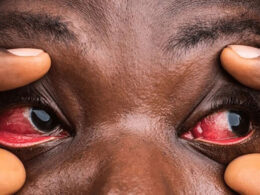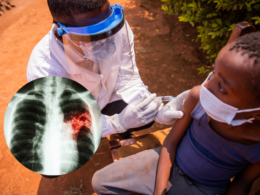Breast cancer has become a pressing health concern in Uganda, affecting thousands of women every year. As awareness campaigns grow in scope, health officials emphasize the critical need for early detection and education to combat this growing epidemic and improve survival rates.
Breast Cancer in Uganda: Rising Incidence and Impact
Breast cancer is now the most common cancer among women in Uganda, accounting for approximately 22% of all cancer cases, according to the Uganda Cancer Institute. Alarming statistics suggest that 1 in every 25 women is likely to be diagnosed with breast cancer in their lifetime. This increasing burden on women’s health has widespread social and economic consequences for families and communities across the country.
Challenges in Early Detection and Treatment
Despite the rising incidence, early detection remains a major challenge. Cultural stigmas, limited access to healthcare, and a lack of education often delay diagnosis, leading many women to seek medical help only when the disease has progressed. This late presentation often results in fewer treatment options and lower survival rates.
Dr. Noleb Mugisha, an oncologist from the Uganda Cancer Institute, notes that many factors contribute to the low survival rates. These include a scarcity of early detection programs, inadequate diagnostic and treatment facilities, delays in the health system, and the financial strain of treatment and transport. He stresses that primary healthcare workers can play a crucial role in identifying women at risk by providing tailored health advice, screening, and facilitating early diagnosis.
Dr. Loyce Assimwe of Nsambya Hospital echoes these sentiments, calling for the education system to play a more active role in promoting breast cancer awareness, particularly among adolescent girls. She highlights the importance of familiarizing women with the look and feel of their breasts, encouraging them to monitor for any changes, such as lumps, dimpling, redness, or nipple discharge, which may signal the onset of cancer.
Recognizing the Signs and Symptoms of Breast Cancer
Common signs and symptoms of breast cancer include:
- A lump or swelling in the breast or armpit
- Changes in breast size or shape
- Skin dimpling or redness
- Nipple inversion or discharge
- Breast pain (which often appears later in the disease)
- Ulceration of the breast skin
Early detection significantly improves survival rates, so it’s vital for women to regularly perform self-examinations and seek medical advice if they notice any of these signs.
Awareness Campaigns: Empowering Communities for Change
In response to the growing breast cancer crisis, various organizations have launched nationwide awareness campaigns. These initiatives, including breast cancer awareness walks, free screening programs, and educational workshops, aim to educate the public about the disease and encourage early detection.
One prominent campaign is “Pink October,” which encourages women to undergo regular breast examinations and fosters open dialogue about breast cancer within communities. Such events are instrumental in breaking down the cultural stigma associated with breast cancer, particularly in rural areas where misinformation is prevalent.
Personal Stories: Inspiring Action Through Survivor Testimonies
Personal narratives from breast cancer survivors are powerful tools in raising awareness. Women like Sarah Nakato, a 45-year-old survivor, have become champions of change. “I was diagnosed at an advanced stage, and I wish I had known the signs earlier,” Nakato shares. “Awareness can save lives; it saved mine.” Her story, like those of many other survivors, resonates deeply with the public, highlighting the importance of education and early detection.
Government and NGO Efforts to Combat Breast Cancer
The Ugandan government, alongside non-governmental organizations (NGOs), is actively working to combat breast cancer. Increased funding for cancer research, public health initiatives, and community health education are all part of a coordinated effort to reduce the incidence of late-stage breast cancer diagnoses. Health Minister Dr. Jane Ruth Aceng emphasizes the need for collaboration across sectors to raise awareness and improve care for women affected by the disease.
Organizations such as the Uganda Women’s Cancer Support Organization (UWCSO) have been instrumental in offering support and guidance to patients and their families. They provide free breast cancer screening services in both urban and rural areas, helping to bridge the gap in healthcare access.
Practical Steps: How to Get Screened and Stay Informed
For women looking to get screened, several hospitals and clinics offer breast cancer screenings, including Mulago National Referral Hospital, Nsambya Hospital, and the Uganda Cancer Institute. Many NGOs also run free or subsidized screening programs throughout the year, especially during awareness months like October.
Women are encouraged to practice regular self-examinations and visit a health professional if they notice any unusual changes in their breasts. The earlier breast cancer is detected, the higher the chance of successful treatment.
A Collective Call to Action
As the nation faces the growing challenge of breast cancer, awareness and education are essential to saving lives. Health experts urge women to prioritize regular screenings and self-examinations, while also advocating for improved healthcare services. With continued public advocacy, community support, and governmental efforts, Uganda can aspire to reduce the burden of breast cancer.

